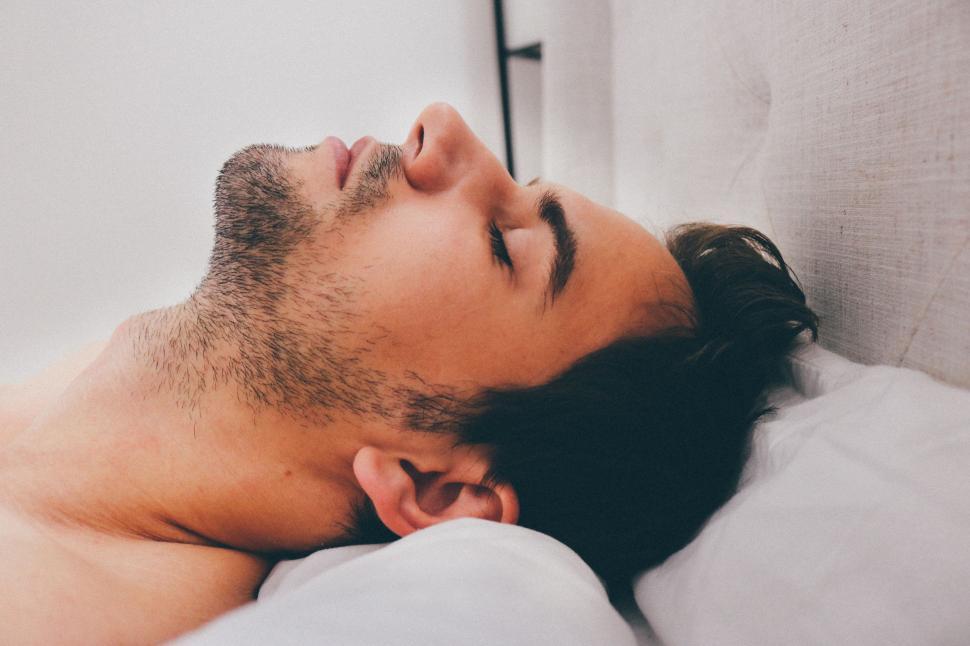The Science of Sleep: Why You’re Tired & How to Fix It
The Science of Sleep : Why We’re All Tired and How to Fix It
🌙 Introduction: The Tiredness Epidemic of sleep
Be honest — when was the last time you woke up feeling truly rested? For most of us, the answer is “I can’t even remember.” Whether you’re a student pulling late-nighters sleep , a professional glued to screens, or just someone trying to juggle too much, being tired has almost become our default state.
But why is this happening? And more importantly, what can we do to fix it? Let’s break down the science of sleep and uncover the truth about why we’re all so exhausted — and how to finally reclaim our rest.

🧠 Why Sleep Matters More Than We Think
Sleep isn’t just “time off.” It’s when your brain and body do their most important work. During sleep:
Your brain processes memories and clears waste toxins.
Hormones regulating hunger, stress, and growth are balanced.
Muscles repair and energy stores are restored.
Think of sleep as your body’s nightly “reset button.” Skip it, and the system starts glitching — mood swings, poor focus, low energy, and even long-term health risks.
😴 The Science of Sleep: What Actually Happens at Night
Sleep isn’t one long, boring nap. It’s a cycle with different stages, each serving a unique purpose:
Light Sleep (Stage 1 & 2): Your body relaxes, heart rate slows, and temperature drops.
Deep Sleep (Stage 3): This is the most restorative stage where your body repairs tissues and builds energy.
REM Sleep (Stage 4): The dream stage, crucial for learning, memory, and creativity.
We cycle through these stages multiple times per night. The problem? Most of us don’t get enough deep or REM sleep, which is why we wake up tired even after 8 hours in bed.
📱 Why We’re All So Tired in 2025
It’s not just about sleeping less — it’s about sleeping worse. Here’s what’s keeping us exhausted:
Screens Before Bed: Blue light from phones and laptops tricks your brain into thinking it’s still daytime, delaying melatonin (the sleep hormone).
Stress & Hustle Culture: Our “always-on” lifestyle keeps the brain wired even at night.
Caffeine Overload: That evening coffee, tea, or even chocolate messes with your deep sleep.
Irregular Sleep Schedules: Sleeping late on weekends and waking early on weekdays confuses your body’s natural clock.
Hidden Sleep Disorders: Conditions like sleep apnea or insomnia silently drain energy.
We don’t just have a “time problem” — we have a quality problem.
⏰ The Body Clock: Why Timing Is Everything
Our sleep is controlled by an internal “body clock” called the circadian rhythm. It’s influenced by sunlight, activity, and routine.
When you respect your circadian rhythm — waking up and sleeping at roughly the same times daily — sleep becomes deeper and more refreshing. But if you keep changing it (like pulling all-nighters or binge-watching till 3 a.m.), your body never knows when to shut down properly.
🔧 How to Fix It: Science-Backed Sleep Hacks
Good news — the solution isn’t complicated. Here are practical fixes backed by science:
1. Set a Consistent Sleep Schedule
Go to bed and wake up at the same time daily, even on weekends. Your body thrives on rhythm.
2. Create a Screen-Free Zone Before Bed
Turn off screens at least 1 hour before sleep. If you must, use blue-light filters or glasses.
3. Cool, Dark, and Quiet Room
Optimal sleep happens at ~18–20°C. Blackout curtains and white noise machines can help too.
4. Cut Back on Stimulants
No caffeine after 3 p.m. And yes, energy drinks count.
5. Wind Down With a Routine
Reading, meditation, or gentle stretches tell your brain: “It’s time to switch off.”
6. Get Sunlight in the Morning
Exposure to natural light early in the day helps regulate melatonin and resets your body clock.
🧩 The Sleep-Productivity Myth: Rest vs. Hustle
Our culture glorifies “team no sleep.” But science disagrees. Chronic sleep deprivation makes us less productive, not more. You may work longer, but your focus, creativity, and decision-making drop.
Think of sleep as an investment, not a luxury. Resting well makes you sharper, faster, and better at everything else.
🚨 When to Seek Help
Sometimes, tiredness isn’t just lifestyle — it’s medical. If you:
Snore heavily, gasp, or choke in sleep,
Struggle with insomnia for weeks,
Or feel exhausted even after long sleep,
…it might be worth talking to a doctor about conditions like sleep apnea or chronic insomnia.
🌍 Conclusion: Reclaiming Rest in a Tired World :
In today’s fast-paced world, being tired feels “normal.” But it doesn’t have to be. The science of sleep shows us that rest is more than closing our eyes — it’s a biological need that affects every part of our lives.
The fix isn’t about sleeping longer, but sleeping better. By respecting your body clock, reducing screen time, and building healthier routines, you can finally wake up feeling recharged.
So tonight, instead of one more scroll, maybe just switch off, close your eyes, and let your brain do its nightly magic. Your future self will thank you.
Leave a Reply